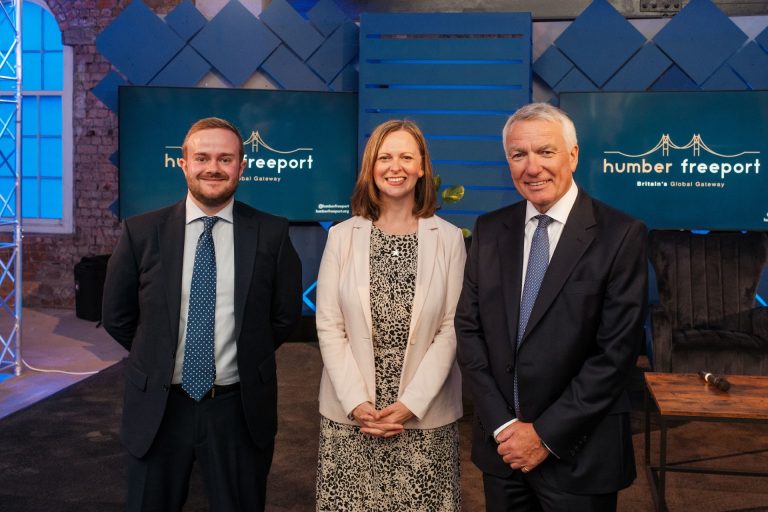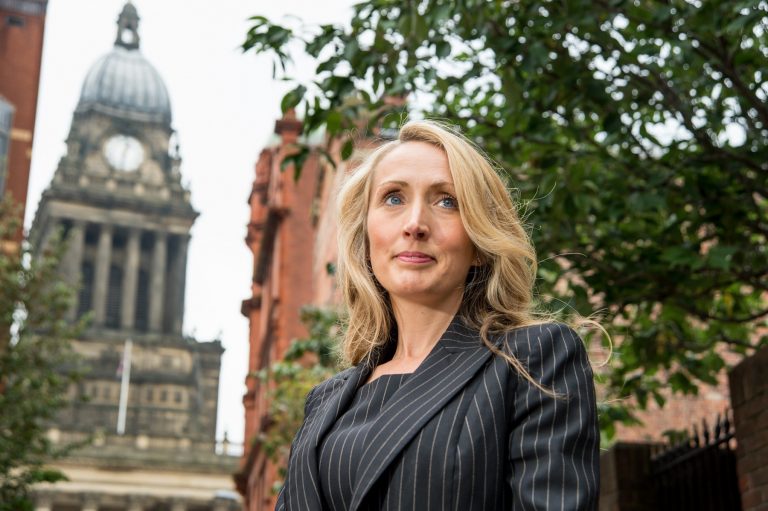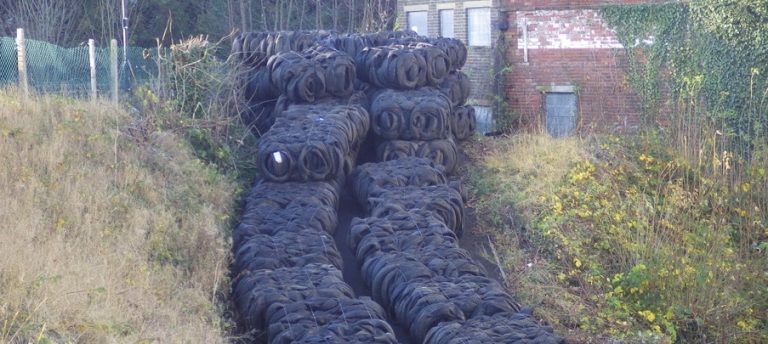Humber Freeport launches with hopes to generate huge investment and more than 7,000 jobs
Yorkshire businesses feel the impact of inflation as levels of distress rise in June
Yorkshire and the Humber, along with many other parts of the UK, saw a worsening economic picture in June as businesses struggle in the face of falling consumer spending resulting in the region seeing levels of insolvency-related activity increasing by over 20% compared with May 2023.
According to the latest research from insolvency and restructuring trade body R3, which is based on an analysis of data provided by CreditSafe, Yorkshire was one of four regions and nations across the UK which saw a month-on-month rise in insolvency-related activity (which includes liquidator and administrator appointments and creditors’ meetings).
Those seeing the largest increases were Wales (up by 27.9%), followed by the South West (26.9%), the North East (26.3%) and Yorkshire (20.7%).
In fact, the rise in insolvency-related activity in Yorkshire last month, up to 274, was the largest number seen by the region in the last 16 months since its peak of 601 in March 2022, and March 2023 when it reached 283.
Of the 12 regions and nations, just five saw falls in levels of insolvency-related activity since May, with the East Midlands (down by 15%) and the South East (-11.2%) performing most strongly; followed by East Anglia (-3.2%), the North West (-2.3%) and Greater London (-1.2%).
Looking at the number of start-ups in June, another indicator of economic health, there was a decrease in levels of new businesses since the previous month in all parts of the UK with Yorkshire and the Humber seeing the greatest fall.
The region saw start-ups decrease from 4,782 in May to 4,182 in June, a drop of 12.5%. East Anglia, the West Midlands and Northern Ireland also all experienced month-on-month falls of over 12% while the East Midlands (-6.3%), the North East (-7.2%) and the North West (-7.9%) saw the smallest falls.
Eleanor Temple, chair of R3 in Yorkshire and a barrister at Kings Chambers in Leeds, said: “We are now starting to see the negative impact of rises in the cost of living and escalating interest rates as businesses feel the bite of households’ reduced disposable income.
“Unfortunately, With the squeeze on consumer spending looking set to continue, the prospect of the UK sliding into recession is a very real risk.
“While Yorkshire has a strong track record of performing relatively strongly despite adverse economic conditions, there’s no doubt that there are some major challenges ahead as food inflation continues, mortgage rates edge upwards and energy prices are predicted to remain high next winter.
“With more financial pain likely, directors would be well advised to keep a close eye on cash flow and turn to professionals for advice at the first signs of trouble when the most tools will be available to prevent problems from escalating.”
Industry continues to drive forward digital revolution towards Net Zero
Council discusses rents for Lincoln’s new Cornhill market
Next week City of Lincoln Council’s Executive will hear proposals on new rent prices for the 37 new stalls in the refurbished Cornell market.
Chip developer raises £21 million
201 new homes approved for Castleford
Wakefield Councillors have voted to progress the development of 201 new homes in the Whitwood area of Castleford.
Members of Wakefield Council’s planning committee approved Persimmon’s plans for phase 2 of its Sycamore Gardens development. 201 new homes will be provided on the site located close to junction 31 of the M62. Homebuyers will be able to choose from a mix of properties ranging from bungalows and one-bedroom properties through to 2, 3 and 4 bedroom terraced, semi-detached and detached houses. The bungalows will be fully adaptable to meet the needs of wheelchair users. 60 of the 201 new homes will be transferred to a local housing association offering properties for social rent as well as intermediate or shared ownership. The development will boast two main areas of public open space including a children’s play area. Cycle and pedestrian links will also be created, linking the development to local amenities including a local play park as well as through to the local primary school. Every house will be completely gas free with properties powered by air source heat pumps. Each home will also benefit from having an electric vehicle charging point. A 10% diversity net gain will be delivered using nearby land, while nearly £400,000 will be paid to Wakefield Council via the Community Infrastructure Levy. Another £145,000 will go towards improving local bus stops and bus services in the area. James Parkin, land director at Persimmon West Yorkshire, said: “We’re pleased that committee members have voted to reaffirm the Council’s recommendation for approval. The scheme offers an exciting opportunity to provide much needed family housing in Castleford. “As well as providing a mix of house sizes for families and downsizers, home owners will enjoy significant areas of green space, cycle routes, play areas and new footpaths. “This proposed scheme will also provide over half a million pounds in funding for local transport and wider infrastructure improvements.”BCC predicts benefits for SMEs from UK membership of Asia-Pacific trading bloc
Fines and suspended sentences for illegal tyre dump operators
Sophie joins Richardsons in interior design role
Bradford-based office design firm Richardsons has appointed Sophie Powell as a new graduate interior designer.
Thornton-based Sophie will be supporting the company on day-to-day activities including space planning, interior design, creating technical visuals and offering customers design solutions at varying budgets.
Sophie said: “I was looking for an interior design job and keen to stay local to Bradford, so I was thrilled to come across the opportunity at Richardsons.
“It’s such a positive workplace, I’ve already gained so much experience from the team around me and had the opportunity to visit client sites, create design plans and learn about all of the different pieces of the puzzle that come together when we’re creating a space that is entirely tailored to the client’s needs. I’m looking forward to getting stuck into more projects and supporting the team at all the different stages of design.
“Everyone here embodies going above and beyond whether that’s sourcing a niche fabric from a specific manufacturer or working historic or nostalgic artefacts into modern design spaces – it’s a really exciting company to have started my interior design career with.”
Richardsons has designed spaces for organisations including Bradford Grammar School, Professional Security, Slimming World and Emerald Group, working closely with clients to manage design, fit out and furniture supply, creating welcoming, practical areas.
MD Steven Richardson said: “Sophie has already proven to be a wonderful asset to the team, bringing with her impressive design skills and a real aptitude for creative design proposals and ideas.
“We’re always keen to hire local talent and having Sophie join the team at such a pivotal time in the industry has been an incredible asset, as we continue to grow and develop our offerings. The common workplace has changed in so many ways over the last few years that it’s imperative we innovate alongside it and growing the team is an integral part of that.”












